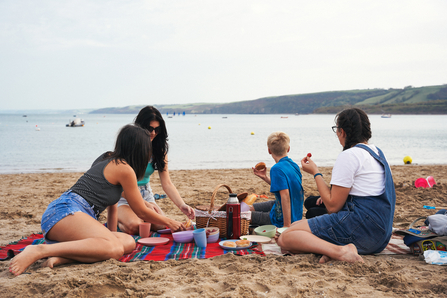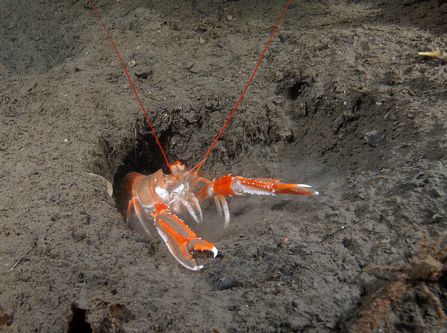As an island nation, we have a long history with the seas that surround us. For centuries, they have inspired artists, poets and storytellers. They have provided livelihoods for fishers, sailors, shipwrights and many other professions. The seas have shaped our economy, our culture and other aspects of life in the UK.
Many of us also feel a personal connection to the sea. This connection could be through a hobby, a job, or cherished memories of holidays on the coast. A single moment can cause these happy memories to come rushing in like the tide. It could be the sound of calling gulls, or the smell of fish and chips. In an instant we’re transported back to the coast, feeling sand between our toes, or the cool touch of the water on our skin.
This connection to the sea can bring benefits to our well-being. There’s plenty of evidence that time by the sea can improve our health, body and mind. The science is supporting what we’ve known for a long time, perhaps since the 1700s when holidays to the beach first became popular – we feel better when we’re by the sea.
But we all share a deeper connection to the sea, even if we’ve never set foot on the beach. The sea’s influence reaches far beyond the shore. It affects our climate, what we eat, and even the air we breathe.



